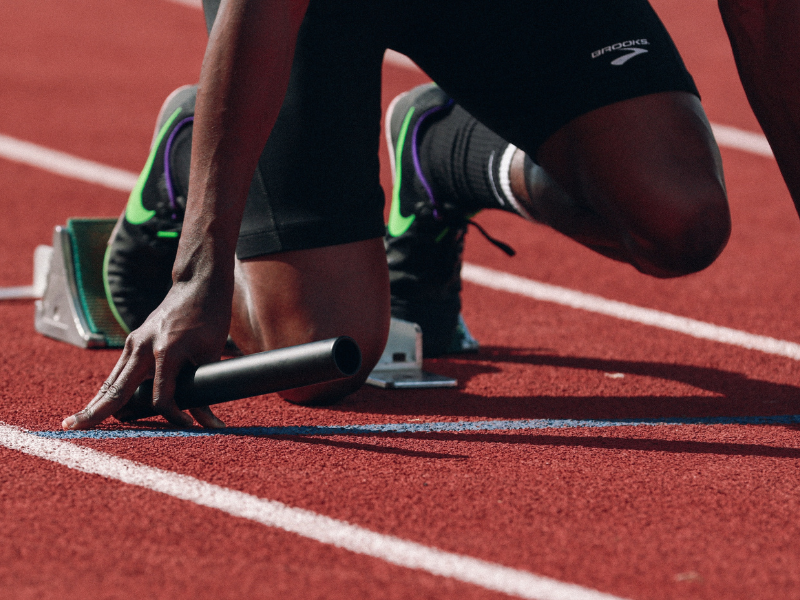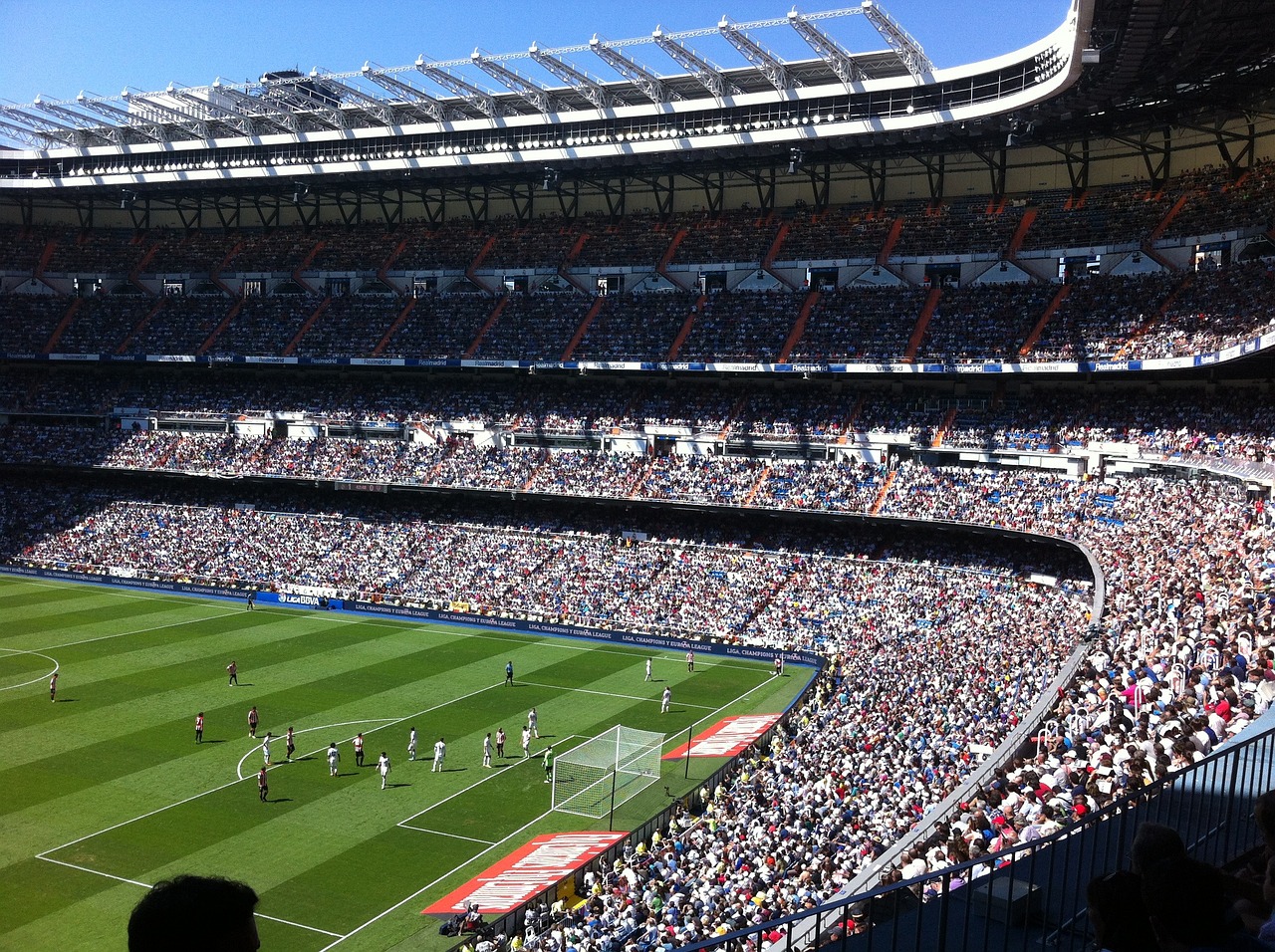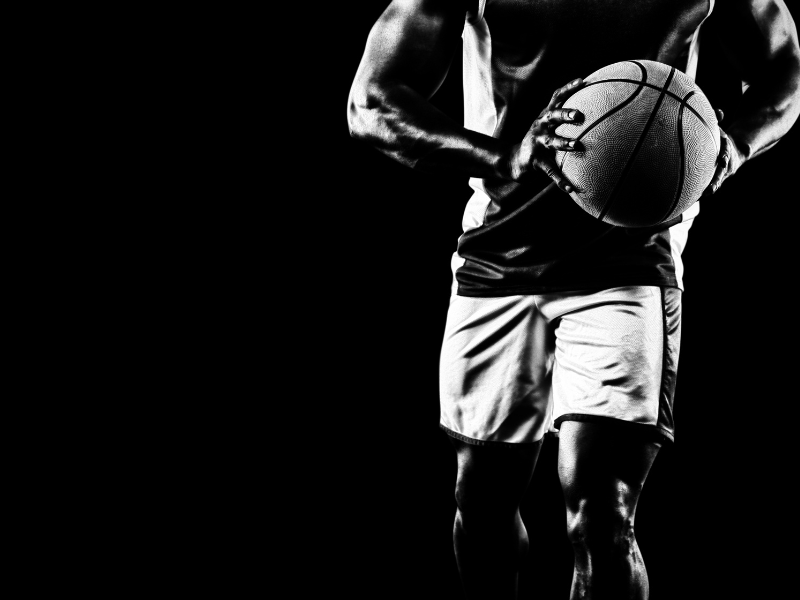The Sport Reform
The Sports Reform (hereinafter, the “Reform”) replaces, as of July 1st, 2023, Law 91/1981, which regulated employment relationships between sportsmen (including athletes, coaches and sporting directors) and professional sports clubs.
The Amateur Sports Activities Register
The Reform provides for the registration to the Amateur Sports Activities Register (in Italian “Registro delle attività sportive dilettantistiche”) in order to access public benefits and contributions. The Register is established at the Sports Department and the registration is now also required for cooperatives and entities (so-called “ETS”) registered in the Single National Register of the Third Sector (in Italian “Registro Unico Nazionale del Terzo settore” or “RUNTS”), where they carry out the organisation and management of amateur sporting activities as an activity of general interest.
The reform also provided for the expansion of the option of self-destination of profits for amateur bodies established in the forms set out in Book V, Title V, of the Civil Code, and introduced an obligation for national sports federations and associated sports disciplines to adopt their own regulations by December 31st, 2023. Failing this, the Delegated Sports Policy Authority will intervene by means of a Decree.
The new tax regulations
The Reform provided several tax and contribution benefits for amateur sports workers and coordinated and continuous cooperation relationships of an administrative-management nature (in Italian “rapporti di collaborazione coordinata e continuativa di carattere amministrativo-gestionale”). The so-called “Decreto Milleproroghe” confirmed the overall tax exemption threshold of € 15,000 per year for sports remuinerations accrued in 2023. If the total amount of remuneration exceeds the € 15,000 limit, it contributes to the income of the recipient only for the part exceeding this amount.
Coming to the area of professionalism, the above exemption still applies to under-23 athletes in team sports and to professional sports clubs with a turnover in the previous sports season of less than € 5 million.
On the other hand, with regard to amounts paid as bonuses linked to the achievement of sporting results, the Reform establishes that such amounts are not considered for the purposes of income generation. In any case, a withholding tax of 20 per cent is applicable.
The new regulations on sports work
The Italian lawmaker disruptively intervened on the notion of sports work. Following the Legislative Decree no. 163/2022 amendments, the new notion now also includes, in addition to professional sportsmen and sportswomen, any registered worker who performs, for a consideration, any task that is necessary for the performance of sports activities, with the exclusion of the administrative-managerial ones. The new regulatory framework now distinguishes between the self-employed sports worker (in Italian “lavoratore sportivo autonomo”), pursuant to Article 25 of Legislative Decree 36/2021; the employed sports worker (in Italian “lavoratore subordinato sportivo”), pursuant to Articles 25 and 26 of Legislative Decree 36/2021; the professional employed sports worker (in Italian “lavoratore sportivo in ambito professionistico”) pursuant to Article 27 of Legislative Decree 36/2021 – subject to the same rules already provided for by Law no. 91/1981 – and the amateur (in Italian “dilettante”), pursuant to Article 28 of Legislative Decree 36/2021.
Article 25 of Legislative Decree 36/2021 states that a sports worker is “any athlete, coach, instructor, technical director, sporting director, physical trainer and referee who, without any distinction of gender and regardless of the professional or amateur nature of his/her activity, carries out sporting activity for a consideration. In addition, the provision states that a sports worker is also any licensed member (in Italian “tesserato”) who performs, in return for payment, tasks that, on the basis of the regulations of the individual affiliating bodies, are considered necessary for the performance of sporting activities, with the exclusion of tasks of an administrative-managerial nature.”
Moreover, the above regulations underline in Section 2 that if the conditions are met, the activity of sporting work may consist of:
- an employment relationship (in Italian “rapporto di lavoro subordinato”), for which Article 26 provides for the non-application of a number of provisions included in the Italian Workers’ Statute and in Law 604/1966 (recalling the exclusion already provided for by Law 91/1981 with reference to professional sports workers);
- a self-employment (in Italian “rapporto di lavoro autonomo”), also in the form of a so-called coordinated and continuous collaboration (in Italian “collaborazioni coordinate e continuative”).
Thus, the reference to a binding contractual form disappears. The Law now refers to the general defining classes of traditional Italian employment Law.
In the professional sectors, sports work performed by athletes as their main and continuous activity is presumed to be subject to an employment relationship.
However, it consists of a self-employment contract when at least one of the following requirements is met:
- the activity is carried out in the context of a single sporting event or of several connected events over a short period of time;
- the sportsman or sportswoman is not contractually bound to attend preparation or training sessions;
- the performance under the contract, although continuous, does not exceed eight hours per week or five days per month or thirty days per year.
It is then provided that the contract must be in writing under penalty of being null and void. Moreover, the contract must follow the form of the standard contract drawn up by the Federation, the associated sporting discipline, and the most representative trade unions at national level, in accordance with the relevant collective agreement. Moreover, the contract must be filed before the national sporting Federation or the associated sporting discipline for approval.
Amateurism
Article 28 of the Reform, entitled “Sports work in amateurism”, regulates sports work in amateurism. This area is expressly regulated by the provisions contained in Title V of the Reform itself, unless otherwise provided by Article 28.
This provision states that, in amateurism, sports work is presumed to consist of a self-employment relationship, in the form of coordinated and continuous collaboration, when the following requirements are met:
- the duration of the services included in the contract underlying the relationship, although of a continuous nature, does not exceed eighteen hours per week, excluding the time spent to take part in sporting events;
- the services included in the contract underlying the relationship are coordinated from a technical and sporting point of view, in compliance with the regulations of the national sports Federations, associated sporting disciplines and sports promotion bodies (in Italian “enti di promozione sportiva”).
With reference to social security for amateurs, taxpayers who exceed € 5,000 per year are obliged to contribute to the Italian National Institute for Social Security (so-called “INPS”) with the contribution rate set at 25% both for amateurs with coordinated and continuous collaboration contracts, pursuant to Article 409 no. 3 of the Code of Civil Procedure, and for self-employed workers.
In both cases the additional rates provided for those registered to the INPS Separate Fund (in Italian “Gestione Separata”) are applied to cover sickness, maternity, unemployment, and so on. Moreover, the application of social security contributions is envisaged only for the part exceeding the amount of € 5,000 of the remuneration and a 50% reduction of the social security taxable amount is also introduced until December 31st, 2027. The reduction cannot be applied to the additional rates in force for maternity protection, family allowances, hospitalisation, sickness and parental leave or unemployment.
As anticipated, the lawmaker also intervened on the tax regime applicable to amateurism, providing for the application of taxation only to the part exceeding € 15,000 per year. Under this exemption there are no obligations.
Volunteers
The lawmaker then defined the figure of volunteers, whose services are regulated by Article 29, which states that “Sports clubs and associations, national sports Federations, associated sports disciplines and sports promotion bodies (including Paralympic, CONI, CIP and Sport e Salute S. p. A.), may, in the performance of their institutional activities, avail themselves of volunteers who make their time and skills available to promote sport, in a personal, spontaneous and free manner, without any profit motive, not even indirect, but exclusively for amateur purposes. The services of volunteers include the direct performance of sporting activities, as well as the training, teaching and preparation of athletes.”
Without prejudice to the possibility of obtaining reimbursement of documented expenses relating to board, lodging, travel and transport incurred in connection with services performed outside the municipality of residence of the recipient, such sporting services are not remunerated in any way and are incompatible with any form of employment or self-employment relationship and with any other remunerated employment relationship with the body of which the volunteer is a member or associate or through which he/she performs his/her sporting activity.
Volunteers need to be insured against occupational injuries and diseases.
Professionally training apprenticeship
The Reform allows sports clubs or associations to enter into professionally training apprenticeship agreements to enhance young athletes’ trainings. The purpose of the regulation is to guarantee athletes not only sporting, but also cultural and educational growth – alongside a professional pathway that favours access to employment even at the end of their sporting career (so-called dual career). The above is regulated by Article 30.
The amendments introduced by Law Decree 75/2023
On June 22nd, 2023, a week before the entry into force of the new regulations on sports work, the Law Decree 75/2023 was enacted providing for nine articles in Chapter III, entitled “Urgent provisions on sport”, which amends a series of legal provisions on sport as well as the text of the Reform.
Capital gains
Article 33 of Law Decree 75/2023 provides for “Urgent provisions on capital gains”. This Article amends Article 86, Section 4, of the Italian Consolidated Income Tax Act (so-called “TUIR”), which regulates the taxation of capital gains. In particular, the old text of the rule provided that:
“The capital gains realised […] are included in the income generation, for the full amount in the financial year in which they were realised or, if the assets have been owned for a period of not less than three years, or one year for professional sports clubs, at the taxpayer’s choice, on a straight-line basis in the same and subsequent financial years, but not beyond the fourth year.”
Law Decree 75/2023 replaces the part stating “or to one year for professional sports clubs” with the following “or to two years for professional sports clubs” in order to facilitate the division into instalments of capital gains realised during the financial year.
The same Article also highlights that “capital gains realised through the transfer of the rights to the exclusive use of the athlete’s services for professional sports clubs contribute to income generation on a straight-line basis in accordance with the first period and with the conditions indicated in the second period within the limits of the portion proportionally corresponding to the consideration eventually obtained in cash; the remaining part of the capital gain contributes towards forming income in the financial year in which it was realised.”
Sporting proceedings
The Reform has also provided for amendments relating to sporting proceedings, following the discontent and criticism of sports organisations and scholars in light of the delays and complexities arising from the so-called “capital gain case” (in Italian “caso plusvalenze”) involving Juventus Football Club during the 2022/2023 season, which led to a change in the Italian Serie A league table twice during the season.
In particular, Article 34 states that “in the proceedings before the sports justice system concerning the appeal against sanctions involving penalties that have the effect of changing the final table of team competitions, as defined on the basis of the results of the individual matches, CONI, the national sports Federations and the associated sports disciplines need to adapt their statutes and regulations with the aim of making the penalties applicable only once the levels of sporting justice have been exhausted and favouring the formation of a judgement before the expiry of the deadline for registration in the championship following the one whose table is affected by the penalty, in compliance with the principles of fair competition, timeliness of decisions and due process. “
The rule then specifies that these provisions do not apply to penalties imposed for proceedings resulting from the non-payment of emoluments, taxes and contributions referring to labour relations.
Financial controls on professional sports clubs and Milano-Cortina 2026
To guarantee and promote the financial sustainability of sports organisations, Article 36 of Law Decree 75/2023 conditions the registration to Italian championships to the submission of professional sports clubs to timely, effective and exhaustive controls to verify their economic and financial balance, and to the consequent measures established by the national sports Federations in their respective statutes, according to the methods and principles approved by CONI.
Moreover, Articles 37, 38 and 39 provide for a series of urgent measures concerning tax credits in support of sports associations and two articles aimed at ensuring the proper implementation of the 2026 Milano-Cortina Winter Olympic Games and at speeding up the recruitment of personnel for the organisation of this event.
The abolition and re-introduction of the so-called “sporting constraint”
The “Urgent dispositions in the matter of sport” end with Article 41, entitled “Urgent regulations concerning sporting constraint (in Italian “vincolo sportivo”)”. The sporting constraint consists of a contractual limitation for athletes who, by means of their membership, assume the obligation to practice a sport exclusively in the interest of the club for which they are registered.
Initially, pursuant to Article 31 of Legislative Decree 36/2021, the Reform was expected to abolish the sporting constraint in amateurism. However, this provision raised some concerns among the people working in the industry, who perceived the sporting constraint as a fundamental element in guaranteeing the economic-financial sustainability of Italian amateur organisations. For this reason, in order to “protect the youth academies and the related investments made by amateur sports associations and clubs”, on June 22nd, the lawmaker intervened providing that, as of July 1st, 2023, Article 31 would not apply to amateur athletes, stating that national sports Federations and associated sports disciplines may provide for a bonded membership for a maximum duration of two years for such athletes.
Law Decree 75/2023 then highlights that national sports Federations and associated sporting disciplines will be required to provide, in their regulations, the terms and conditions for the transfers of the above-mentioned athletes, determining any technical training bonuses on the basis of the criteria laid down in Article 31, i.e. “according to methods and parameters that take appropriate account of the age of the athletes, as well as the duration and patrimonial content of the relationship between the latter and the sports club or association with which they conclude their first contract of employment in sport.”
In light of these changes, the Italian Football Federation (FIGC) on June 26th, 2023, promptly adjusted its own Internal Organisational Rules (in Italian “Norme Organizzative Interne” or “NOIF”) modifying, inter alia, Article 32, under the heading “young amateurs”, providing that the registration of registered players with clubs of the National Amateur League (in Italian “Lega Nazionale Dilettanti” or “LND”) or with clubs of the Women’s Serie B Division may last for a maximum of two sporting seasons unless they have entered into a multi-year sporting employment relationship of a longer duration or entered into an apprenticeship agreement for the professional qualification and diploma, upper secondary education diploma or higher technical specialisation certificate
* * *
At present, we do not know whether the legal framework will be subject to further amendments or whether the measures will be sufficient to regulate the complex legal relations of the sports sector and to ensure financial sustainability. What is certain is that, in order to be applied effectively, the new regulations will have to be implemented consistently with the achievement of the objectives underlying the Reform. As a result, the main actors in the sports system will be required to further study and investigate these topics to be able to provide a correct interpretation of the legal issues underlying each measure envisaged by the Reform.
LCA Sports
LCA Studio Legale has extensive experience in the study of Sports Law. Feel free to contact us for any information on the topics covered or for any assistance you may require.
DOWNLOAD PDF


